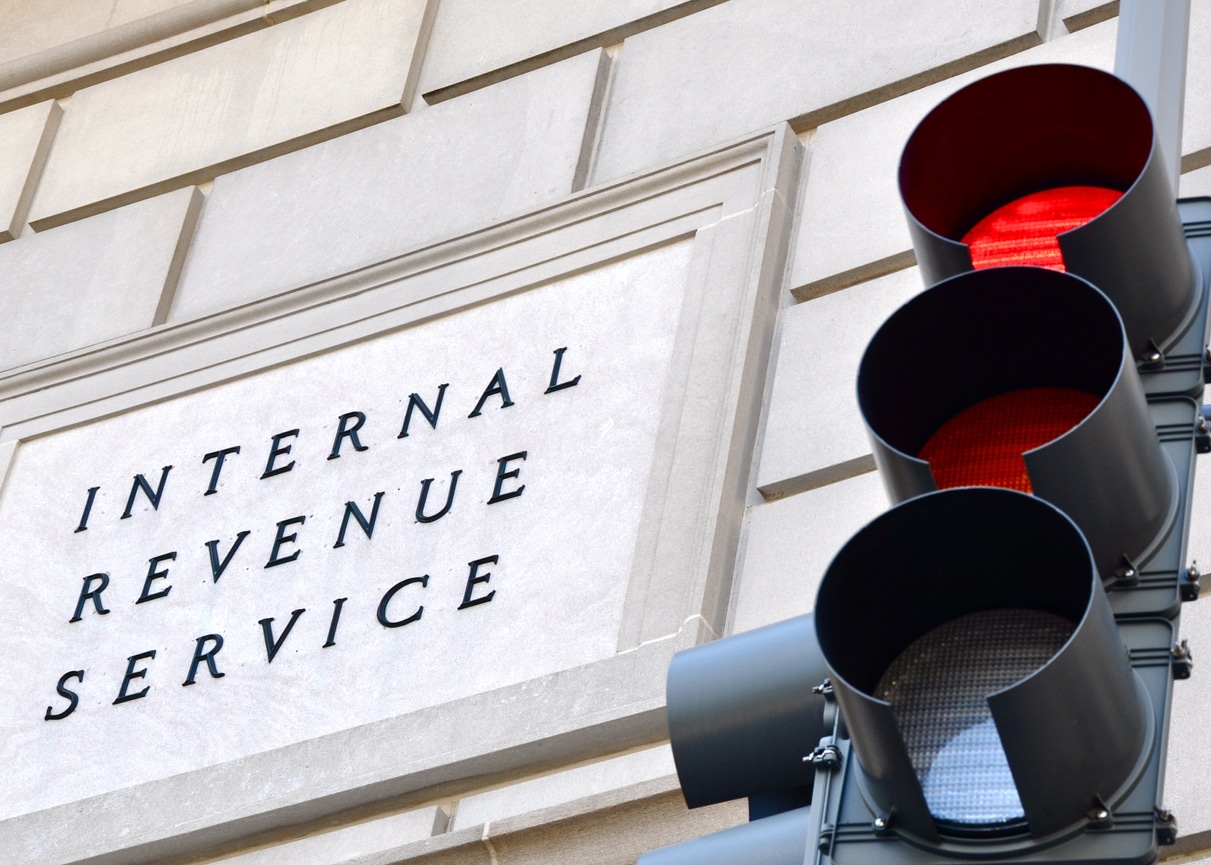
Sign up for smart news, insights, and analysis on the biggest financial stories of the day.
Last year’s meme stock frenzy may have turned a handful of Reddit-addicted retail traders into millionaires — and squeezed a handful of short-selling hedge funds into double-digit losses — but the big winner was a bearded old man in a top hat. We’re talking, of course, about Uncle Sam.
The Internal Revenue Service reported a record amount of tax revenues for the first eight months of the fiscal year, propelled by a rash of earnings from retail stock traders.
From Meme to C.R.E.A.M.
Since the federal fiscal year kicked off in October, tax collections are up 42% over the same period as in pre-pandemic 2019, the Treasury says. In other words, Uncle Sam’s next suit should be a patriotically pinstriped Armani. The $2.7 trillion in levies the IRS has collected as of May 5 is also the most in history, more than last year’s $2.1 trillion — in fact, this fiscal year’s tax revenues have topped $2 billion in the first six months for the first time ever.
According to the Congressional Budget Office, much of the haul comes from corporations, whose tax bills from October to March rose 22% last year’s levels, and are on pace for a new annual record of $454 billion. Yett a shocking amount of tax revenues originates in the incredible volume of capital gains posted last year by regular Americans, after meme stock communities and apps like Robinhood made securities trading a commonplace American pastime:
- According to Treasury data, the amount of individual taxes collected this fiscal year — which includes income from small business proceeds and the sale of stocks, but does not include income or employment taxes — is $452 billion, almost triple the $152 billion at the same point in 2019.
- “A big chunk of it has come from short-term capital gains,” Lou Crandall, Wrightson ICAP’s chief economist, told Bloomberg. “Meme stocks were very, very good to the IRS.”
Slimming Down: Feeling flush, the Treasury Department is cutting down on the amount of debt it’s selling — the $103 billion in long-term securities at auctions this week is $7 billion slimmer than the last quarterly sale in February.











